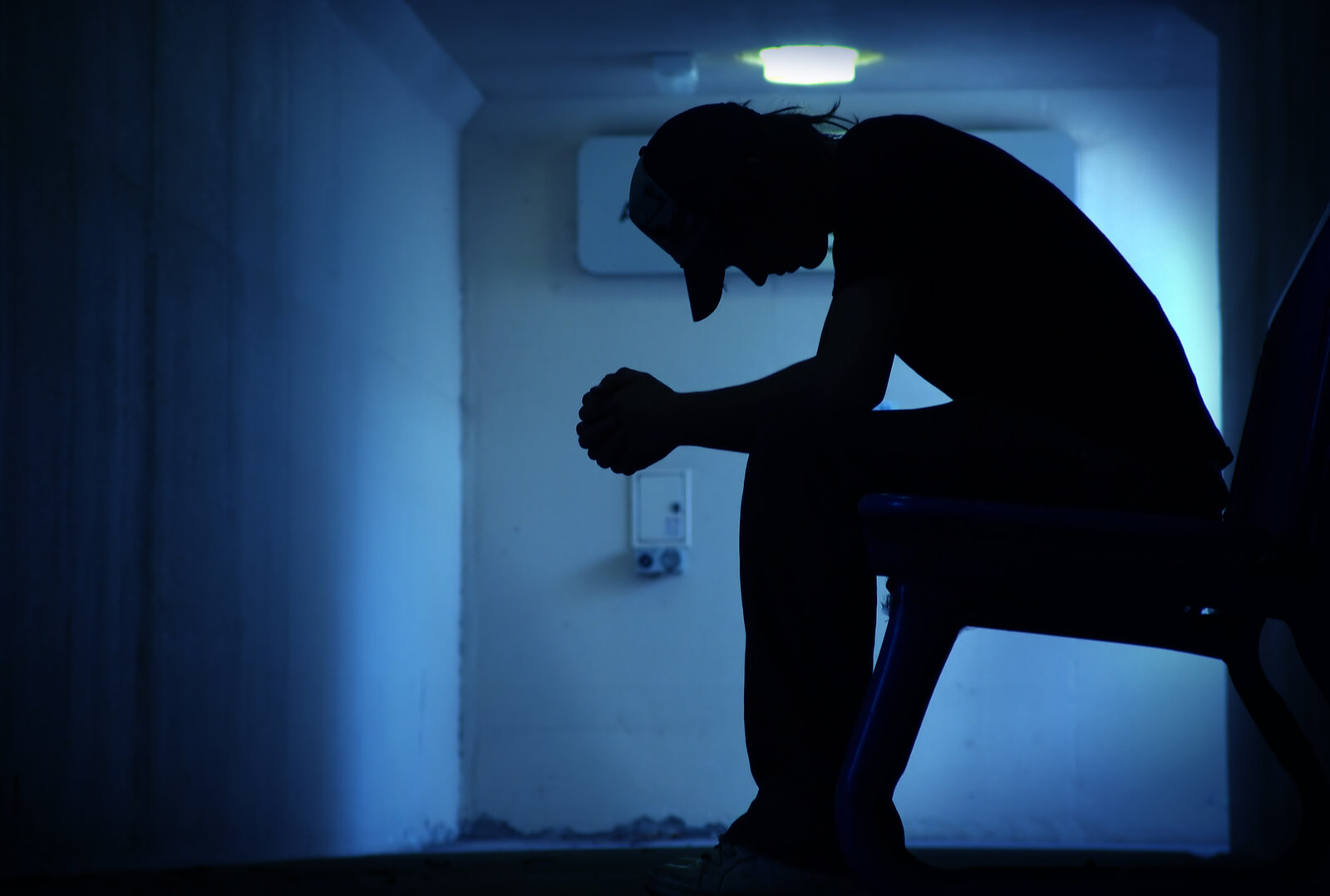
Mixing alcohol and ambien can be a dangerous combination. Ambien is a prescription medication used to treat insomnia and nighttime wakefulness. An estimated 25% of U.S. adults will suffer from a bout of insomnia in a given year. Ambien, a powerful sedative drug, is one of the most commonly prescribed medications for this distressing disorder. The drug dramatically impacts a person’s brain activity and central nervous system. If someone were to take too much Ambien, they could experience a dangerous drop in respiratory rate, which can lead to a fatal overdose. Mixing the drug with alcohol worsens these effects.
What are the signs and symptoms of Ambien abuse?
Initially, the drug manufacturers of Ambien created the medication as a less addictive alternative to other benzodiazepine drugs. While Ambien is slightly less dangerous and addictive than similar medications, taking the medicine does come with a risk of addiction and abuse issues. While most people can take Ambien as prescribed and not struggle with dependence and addiction, a minority of patients will become addicted or dependent on Ambien despite proper use.
When a medication is taken in any way other than prescribed, it is considered abuse. People who abuse medications and other substances are at risk of becoming addicted. Because of Ambien’s risk profile, doctors will only prescribe the mediation for a one to two week period for acute insomnia. When someone takes Ambien for longer, takes a higher dose of Ambien than prescribed, or mixes the drug with alcohol, they are abusing the medication.
Also, people will sometimes abuse Ambien recreationally. Ambien creates a sensation that is similar to being drunk. The drug can cause extreme impairment when not taken as prescribed. People who abuse stimulants will sometimes use Ambien as a way to come down off a powerful high. Young adults and teens are the most likely to abuse Ambien in this way. Other signs of Ambien abuse and addiction include:
Abusing Ambien is incredibly dangerous. When people are high on Ambien, they aren’t fully aware of what they’re doing. People often don’t remember what they’ve done when abusing Ambien. Ambien is known to cause sleepwalking-type disorders, especially in cases of abuse. When someone who is addicted to Ambien tries to quit, they will experience a range of withdrawal symptoms, including rebound insomnia, anxiety, flu-like symptoms, and muscle tremors.
Ambien Abuse Statistics
Research has revealed the following information about Ambien:
These Ambien abuse statistics indicate that despite being a prescription medication, this drug can be dangerous and lead to addiction.
What are the signs and symptoms of alcohol abuse?
An estimated one in eight people in the U.S. are addicted to alcohol. Alcohol abuse and addiction are some of the most common substance use disorders in the country. Despite alcohol’s legal status, many are unable to control their drinking. Signs of alcohol abuse include:
Addiction to Alcohol and Ambien
Despite the fact that alcohol is legal for adults 21 and over to consume, and Ambien is a prescription drug with legitimate medical uses, both substances can lead to addiction. When someone develops an addiction, the clinical term for this condition is a substance use disorder. Someone who develops a substance use disorder will experience two or more of the following symptoms. The more symptoms a person experiences, the more severe the disorder is:

If you or a loved one has been mixing alcohol and Ambien and demonstrates some of these symptoms, it may be time to seek addiction treatment. Keep in mind that addiction is a legitimate medical condition that changes the brain’s functioning and requires professional intervention.
What are the dangers of mixing alcohol and Ambien?
Both alcohol and Ambien are central nervous system depressants. They slow down brain activity, respiration, and heart rate, and can also impact blood pressure levels. Mixing these two substances increases the impacts of both, which can lead to a fatal overdose. One of the most common and dangerous symptoms that can occur when someone mixes Ambien and alcohol is parasomnia. Parasomnia is when someone performs a task while they are asleep, and this is a significant side effect of Ambien and alcohol. Because of this issue, the active ingredient in Ambien, zolpidem, is considered a Schedule II substance.
Even combining a small amount of alcohol with Ambien can cause someone to sleepwalk, sleep-eat, sleep-shop, drive, or have sex while impaired from Ambien and alcohol. An estimated 50% of all ER visits from Ambien involve alcohol, too. Combining alcohol with Ambien also increases someone’s chances of being admitted to an intensive care unit.

What are the withdrawal symptoms of Ambien and alcohol?
Ambien and alcohol both cause similar withdrawal symptoms in those who are addicted and dependent on the substances. In severe cases of alcoholism, symptoms can turn into a deadly condition called delirium tremens. People who mix alcohol with other drugs, like Ambien, are at higher risk of more severe and potentially dangerous withdrawal symptoms.
The withdrawal and detox timeline is different for everyone, and certain factors can impact how long or several withdrawals will be. Quitting cold-turkey and without outside medical intervention can lead to more pronounced and extended withdrawal symptoms and timelines. For Ambien and alcohol addiction, the following symptoms typically occur:
Another withdrawal symptom that Ambien and alcohol have in common is withdrawal seizures. A person who is addicted to alcohol may suffer from tonic-clonic withdrawal seizures 24 to 48 hours after their last drink. Cases of Ambien withdrawal can also lead to seizures. Since there is a risk of seizures and other serious complications from withdrawal, it is important to seek treatment instead of trying to stop using Ambien and alcohol on your own.
What are the treatment options for Ambien and alcohol addiction?
Medical detox is the first step in the recovery process. During medically-assisted detox, patients can go through the withdrawal process under the care and supervision of doctors and clinicians. Medications can be given to help patients detox from drugs with minimal pain, distress, and discomfort. After detox and withdrawal, patients will need to attend either inpatient or outpatient rehab.
This is important because detox is only the first step in recovering from an addiction. While detox programs can help people to cope with painful withdrawal symptoms, they do not lead to lasting sobriety. It is necessary to undergo ongoing behavioral treatment, such as counseling, to address the underlying issues that led to substance abuse.
A person’s circumstances, medical needs, and history will help determine which method of treatment is right for them. The duration of either form of rehab depends on numerous factors. When it comes to addiction treatment plans, they are customized and tailored to each patient. Aftercare programs that center around individual therapy and support groups are critical to preventing relapse as well.
Are you or a loved one struggling with alcohol addiction, or abusing Ambien? It’s never too late to begin your journey to recovery. At Mission Harbor Behavioral Health, representatives are standing by to answer your questions about detox and rehab. Please contact us today to learn more about your treatment options.
We offer multiple levels of care, including partial hospitalization and intensive outpatient services. We can also provide different treatment tracks, such as substance abuse, mental health, and adolescent services.
Get Help Now
Alcohol addiction is extremely difficult to overcome on your own.. Seek specialized help and let professionals guide you in your recovery.

